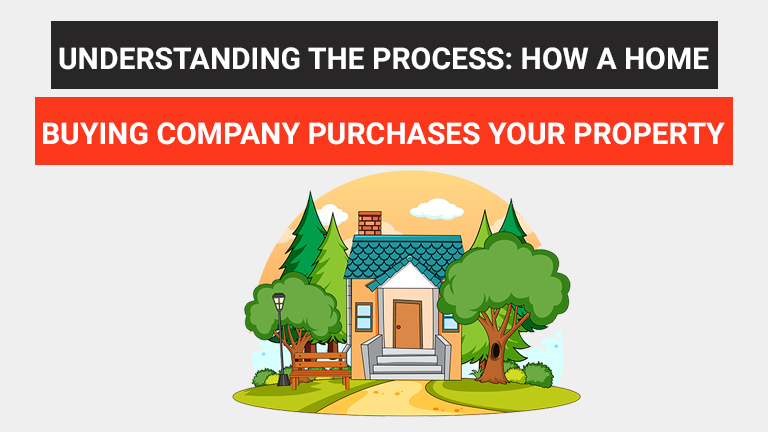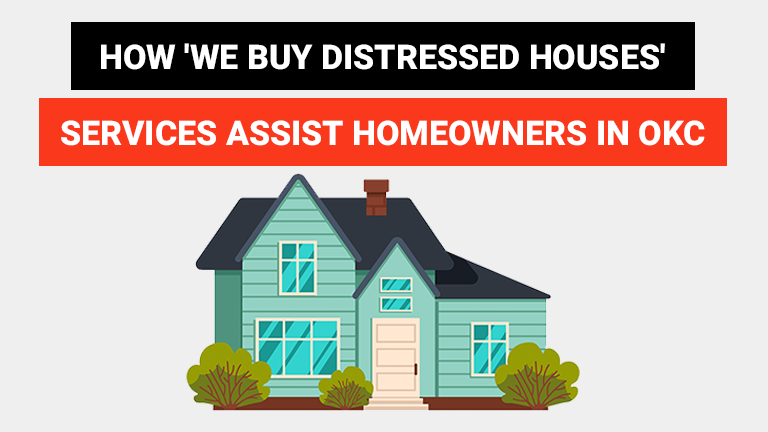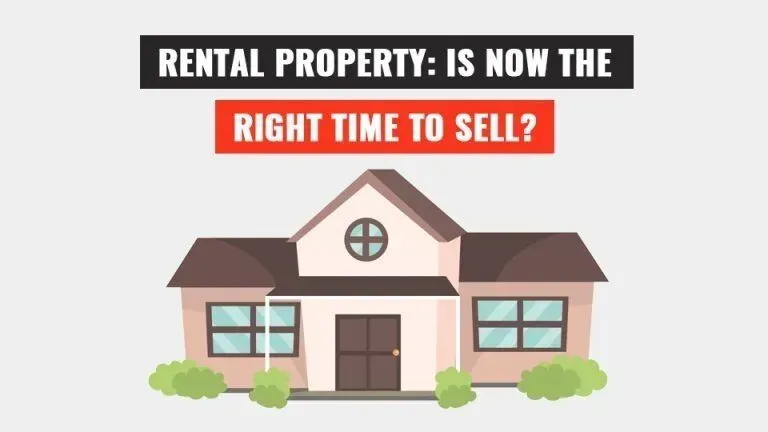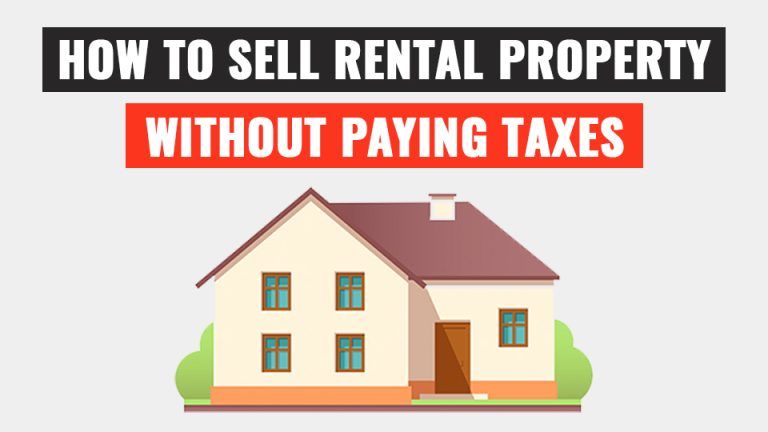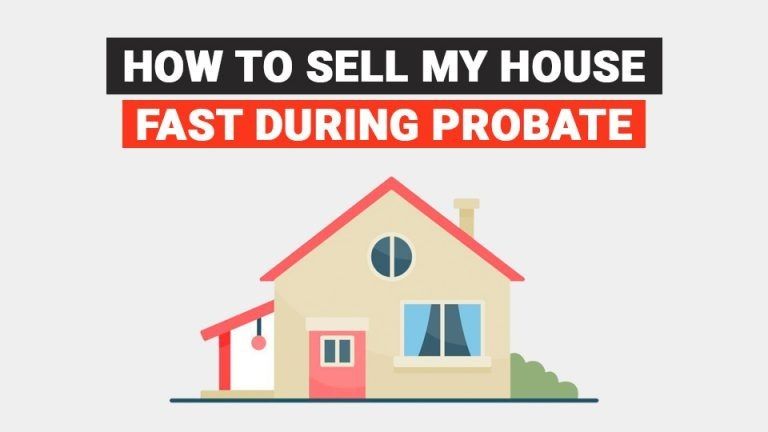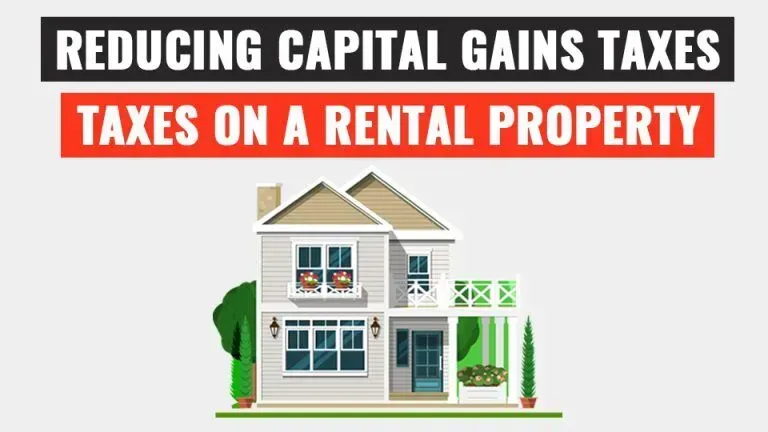
How to Reduce Capital Gains Taxes on a Rental Property
As a real estate investor, you know that selling a rental property can be a lucrative move. However, it's important to understand the potential tax implications that come with it. Capital gains taxes can significantly impact your profits if you're not prepared.
This article will explain capital gains taxes and how they relate to rental property owners. We will also provide strategies to minimize these taxes and maximize your returns. So, let's dive in and explore how you can reduce capital gains taxes on a rental property.
Before we delve into strategies to minimize capital gains taxes, let's first define what they are and how they are determined. Capital gains taxes are the taxes you pay on the profit you make from selling an asset, such as a rental property. The tax rates for capital gains can vary depending on whether the gains are classified as short-term or long-term.
Short-term capital gains apply to properties held for less than a year, while long-term capital gains apply to properties held for longer than a year. The tax rates for long-term capital gains are generally lower than those for short-term gains. It's important to understand these distinctions, as they will impact the amount of taxes you owe when selling your rental property.
Strategies to Minimize Capital Gains
1031 Exchange (Like-Kind Exchange)
Understanding Capital Gains Tax
Now that we understand capital gains taxes let's explore some strategies to minimize them.
A 1031 exchange, also known as a like-kind exchange, allows you to defer capital gains taxes by reinvesting the proceeds from the sale of your rental property into another investment property. This strategy is beneficial because it lets you keep your funds working for you rather than immediately paying taxes on the gains.
To qualify for a 1031 exchange, you must follow specific guidelines and meet certain timelines. Working with a qualified intermediary who can guide you through the process and ensure compliance with IRS regulations is crucial. Utilizing a 1031 exchange can defer capital gains taxes and continue growing your real estate portfolio.
Convert Rental into Primary Residence
Another strategy to consider is converting your rental property into your primary residence. Living in the property for a specific period may qualify for tax exclusions on the gains when you sell. To take advantage of this strategy, you must meet certain requirements, such as living in the property for at least two of the last five years before selling.
Converting your rental property into your primary residence can provide significant tax benefits. However, it's essential to consult with a tax professional to ensure you meet all the necessary criteria and understand the implications of this strategy.
Utilize Tax Loss Harvesting
Tax loss harvesting is a strategy that involves offsetting capital gains with capital losses. If you have other investments that have experienced losses, you can sell them to offset the gains from selling your rental property. By doing so, you can reduce your overall tax liability.
There are specific rules and best practices when utilizing tax loss harvesting. Consult with a tax professional to understand the intricacies and ensure you optimize this strategy effectively.
Take Advantage of Depreciation
Additional Deductions and Credits
Selling Costs Deduction
These costs can be deducted from your capital gains, reducing your overall tax liability. Keep meticulous records of all the expenses incurred during the selling process to ensure you don't miss out on any eligible deductions.
Home Improvement and Renovation Deductions
Impact of Ownership Duration
Depreciation is a significant benefit for rental property owners regarding reducing taxable income. By deducting the depreciation expenses over the years of ownership, you can lower your overall tax liability when it's time to sell.
However, a recapture tax may apply when you sell a property for more than its depreciated value. Consult with a tax professional to ensure you navigate this process correctly and maximize your tax savings.
In addition to the strategies mentioned above, there are other deductions and credits you can take advantage of to reduce your capital gains taxes on a rental property.
When selling a rental property, there are various costs associated with the transaction, such as
- Agent commissions
- Advertising fees
- Inspection fees.
Differentiate between capital improvements and repairs when it comes to your rental property. Capital improvements can be deducted from your tax base, reducing capital gains. On the other hand, repairs and maintenance expenses are not deductible but can still be deducted as business expenses.
Energy Efficiency Credits
If you have made eco-friendly upgrades to your rental property, you may be eligible for energy efficiency credits. These credits help offset your capital gains taxes and incentivize sustainable investments. Consult with a tax professional or research the available credits to ensure you take full advantage of these opportunities.
The duration of your ownership can significantly impact your capital gains taxes. Selling a property within a year of ownership will result in short-term capital gains, which are taxed at higher rates. On the other hand, selling after owning the property for more than a year will result in long-term capital gains with lower tax rates.
Holding onto your rental property for longer would benefit from reduced tax rates and potentially increase your overall profits. Consider the impact of ownership duration when deciding whether it's the right time to sell your rental property.
Keeping Comprehensive Records
Keep comprehensive records to optimize your tax strategy and ensure you can take advantage of all eligible deductions and credits. Document every transaction, improvement, and cost associated with your rental property.
Documentation serves as proof and supports your claims during tax season. Organized records can save time, prevent errors, and potentially increase tax savings.
Reducing capital gains taxes on a rental property requires careful planning, an understanding of tax regulations, and strategic decision-making. You can minimize your tax liability and maximize your returns by utilizing strategies such as a 1031 exchange, converting your rental into a primary residence, tax loss harvesting, taking advantage of depreciation, and leveraging additional deductions and credits.
Remember to keep comprehensive records and consult with professionals to optimize your tax strategy. With the right approach, you can prevent a significant tax hit and make the most out of selling your rental property.
Sell Your Home Fast for Cash
If you need to sell your house fast but don’t want the hassle of a traditional home sale, contact Local Guy Buys Houses. We buy houses as-is. No repairs are needed. Avoid closing costs and realtor commissions. Close in as little as seven days. Call 405-583-7894 to get a fast cash offer from our local home buyers.
Get Your Fair & Honest All-Cash Offer Today! No Obligations!
We will get back to you as soon as possible.
Please try again later.
By submitting this form, you agree to our Conditions of Use and Privacy Policy. You may receive both automated and personal text messages. Reply STOP at anytime to opt-out.
Or Call Us Now At 855-205-5999
Get Your Fair & Honest All-Cash Offer Today! No Obligations!
We will get back to you as soon as possible.
Please try again later.
By submitting this form, you agree to our Conditions of Use and Privacy Policy. You may receive both automated and personal text messages. Reply STOP at anytime to opt-out.
Or Call Us Now At 855-205-5999
